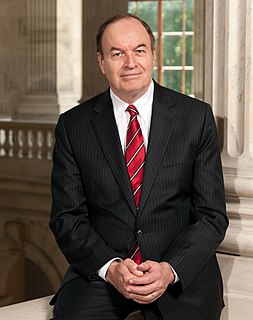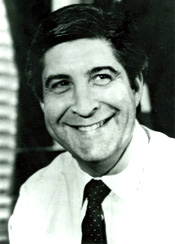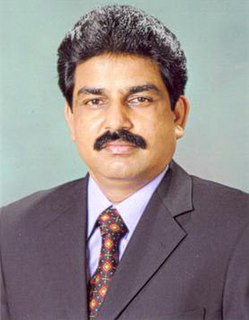A Quote by Richard Shelby
I think you have to be concerned about any presidential executive order because it has the power of law until it's knocked down by an act of Congress or a court.
Related Quotes
I was very, very concerned about President Obama and how much executive order and how much executive power he tried to exert. But I think I want to be, and I think congress will be, a check on any executive, Republican or Democrat, that tries to grasp too much power. And really, a lot of the fault is not only presidents trying to take too much power, it's Congress giving up too much power.
As presidential authority expands, and the role of Congress diminishes, the American people continue to lose control over their government. Today's assertions of executive power are indeed a nightmare and Peter Shane's extremely readable and well-informed book describes this disturbing transformation in frightening detail. For anybody who cares about our constitutional system of protected liberties, this book is indispensable. I couldn't put it down and grew angrier, and more concerned, with every page.
I don't think this is a situation where you can say that Congress was avoiding any mention of the tax power. It'd be one thing if Congress explicitly disavowed an exercise of the tax power. But given that it hasn't done so, it seems to me that it's - not only is it fair to read this as an exercise of the tax power, but this court has got an obligation to construe it as an exercise of the tax power if it can be upheld on that basis.
The Supreme Court is about the Constitution. It is about constitutionality. It is about the law. At its bear simplest, it's about the law. It is not about the Democrat Party agenda. Because that's what it's become. The whole judiciary has become that because that's the kind of people they have put on various courts as judges, and every liberal justice on the Supreme Court is a social justice warrior first and a judge of the law second. And if they get one more, then they will have effectively corrupted the Supreme Court.
But when General Ziaul Haq introduced the strict blasphemy - 295 A, B, C - of Pakistan's penal code, then from 1986 to today there are hundreds cases that are registered under the protection of blasphemy law. And until today, no case against any minorities, and especially Christians, is proved in the higher court. The lower court would order punishment but the higher court would always acquit people. So it proves that this law is being used as a tool of victimization against minorities and innocent people of Pakistan.
Secondly, there are such things as roving wiretaps. Now, by the way, any time you hear the United States government talking about wiretap, it requires - a wiretap requires a court order. [...] Nothing has changed, by the way. When we're talking about chasing down terrorists, we're talking about getting a court order before we do so. [...]































